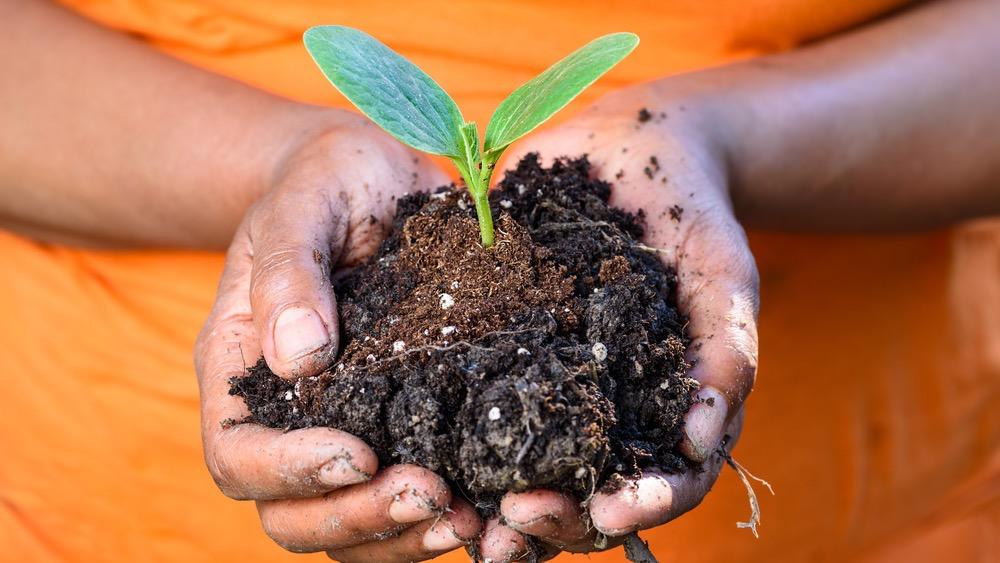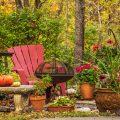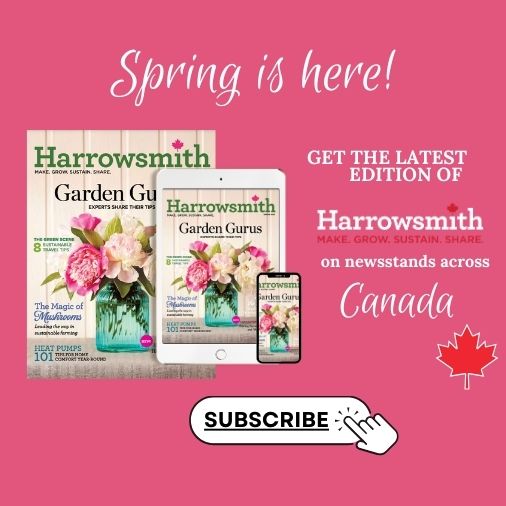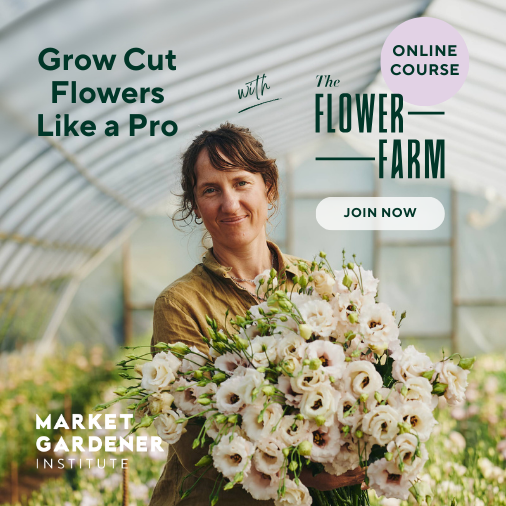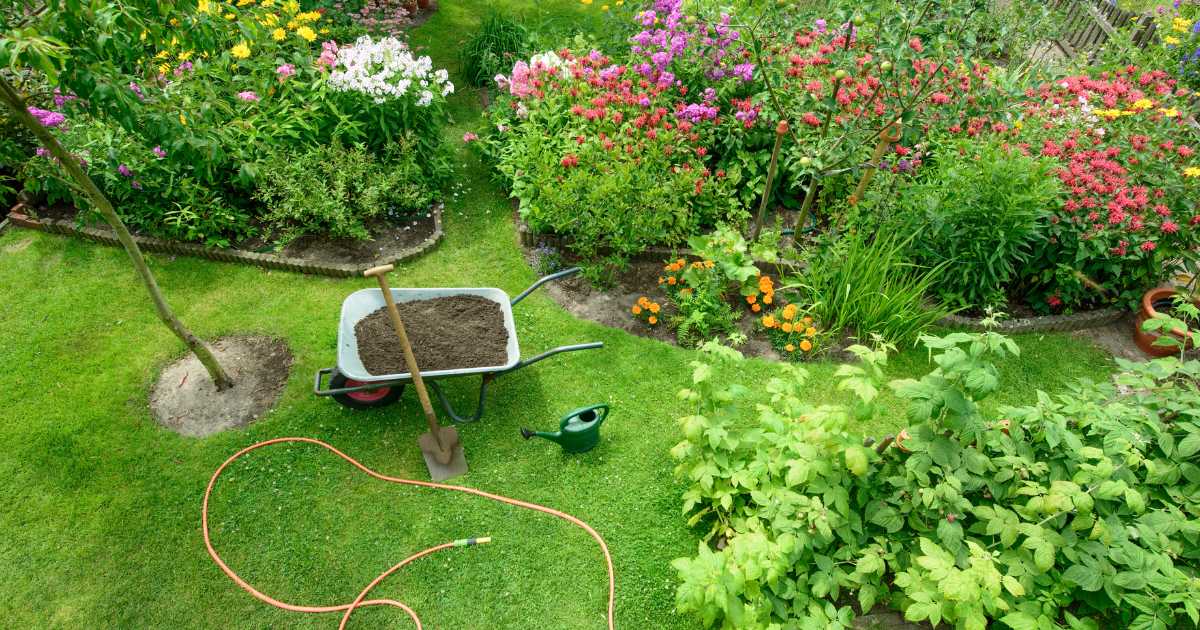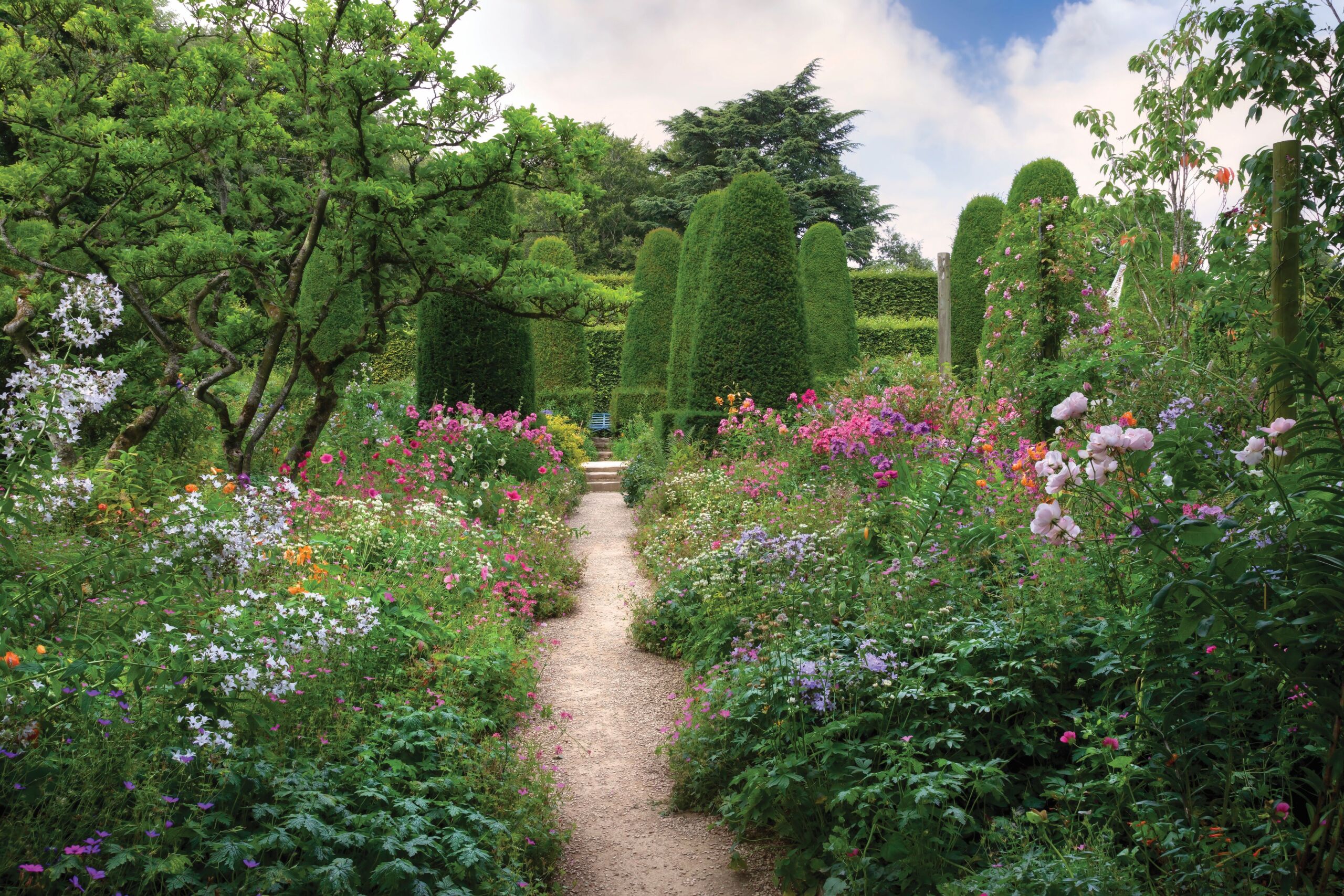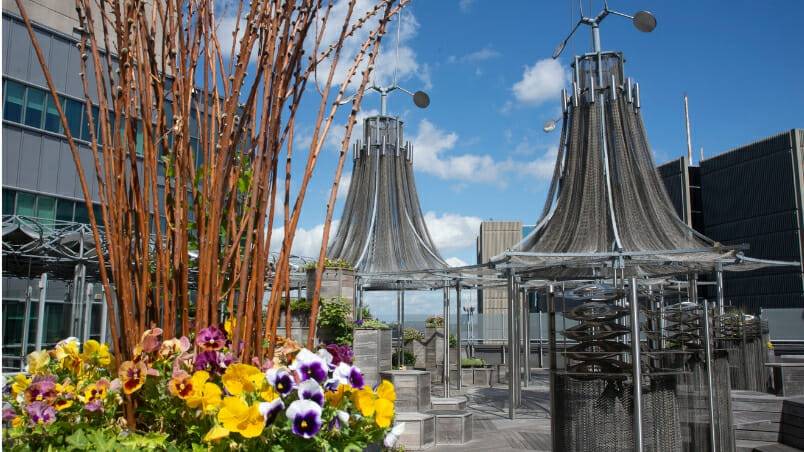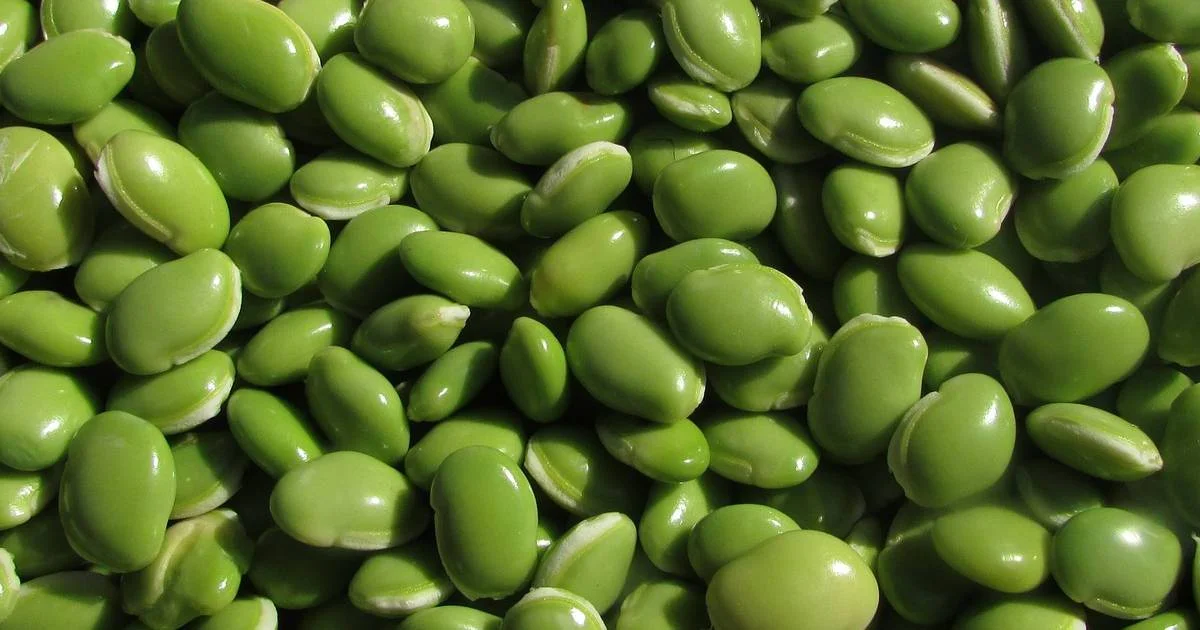Healthy soil is the basis for every garden. Nutrients, water and oxygen are all building blocks of plant life that are provided by the soil through the roots. Here are some of the most important things to know before you plant your food or flower garden.
What is healthy soil made of?
All soil will represent some mix of sand, silt and clay, but the healthy soils are teeming with microbial life and abundant organic matter (carbon). Low till, or no-till, gardening is becoming more popular every year as Canadians learn that disturbing the soil by turning it over (manually or with a rototiller) disturbs important microbial activity in the soil and actually promotes greater weed growth.
Should you test your soil before starting a new garden? Or regularly when you have an existing one?
It’s helpful for every gardener to do a soil test at least once and every few years to get a better understanding of what their gardens might be lacking. The structural elements of soil — that is, the composition of sand, silt or clay — can be determined by feel or through at-home experiments. Nutrient testing needs to go to a lab.
How important is it for backyard gardeners to rotate their food crops, and how often should this be done?
Rotation is key for keeping soil-borne disease pressures under control and for maintaining a balanced soil where crop-specific nutrients are overdrawn year after year. Here’s the easiest rule to remember: If you don’t have to grow the same crop in the same place twice, don’t. If you are growing in containers, be sure to put the used soil from last year in your garden and replace it with new potting soil in your containers.
What is compost?
The more you love compost, the harder it is to give a straight answer. We’ll do our best: Generally, it is de-“composed” organic matter, which is to say, anything containing carbon that has had the opportunity to rot down under the right conditions. Ideal compost will contain diverse source material — kitchen scraps, animal manures, fallen leaves — that has spent at least a season rotting down and is teeming with active microbial life. These bacteria, actinomycetes, fungi, protozoa and nematodes mobilize to turn kitchen scraps into compost and to make those nutrients available to plants. Compost is the least expensive and best fertilizer for your garden.
10 Easy Steps to Get Started With Compost.
Is there an easy way to make your own compost?
Getting a good mix of “green matter” and “brown matter” will allow the magic of compost to unfold without simply rotting. Green matter is the high-nitrogen kitchen scraps; brown matter is the high-carbon wood chips, cardboard or newspaper. One-to-one is fine; one part nitrogen/green material to five parts carbon works even better. Once you have your “recipe,” add it to a well-ventilated container — ideally one that sits on the ground where earthworms can find it.
Learn more about why your garden’s success hinges on the health of your soil here.
Mark Cullen is an expert gardener, author, broadcaster and tree advocate
and holds the Order of Canada. His son, Ben, is a fourth-generation
urban gardener and a graduate of the University of Guelph and Dalhousie
University in Halifax. Follow them at markcullen.com, @MarkCullen4
(Twitter) and @markcullengardening (Facebook) and look for their latest book, Escape to Reality.
Follow them at markcullen.com, @MarkCullen4, facebook.com/markcullengardening and biweekly on Global TV’s national morning show, The Morning Show.

